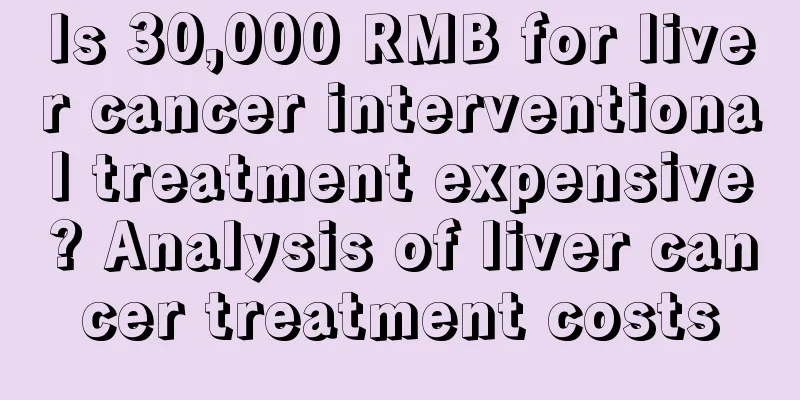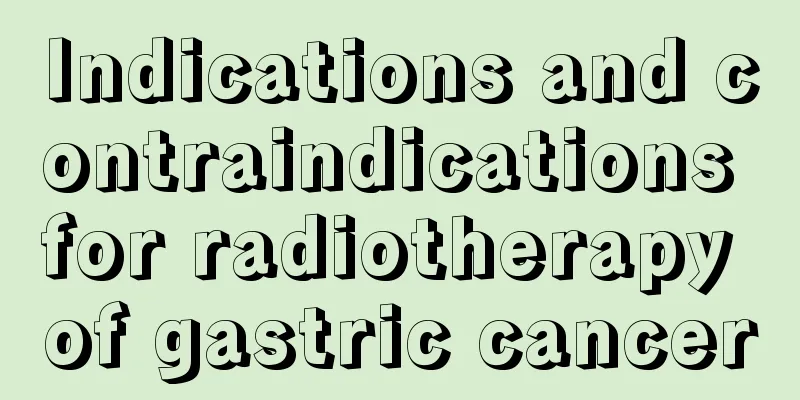Various effects and functions of vitamins

|
Fruits and vegetables are high in vitamins, which have a very good effect on the health of the body. Vitamins can not only ensure the normal beating of our heart, but also enhance appetite. Vitamin B can also regulate our vision and make our eyes brighter. At the same time, vitamins can prevent the occurrence of anemia. Vitamins are essential in the growth process of adolescents. 1. Vitamin B1 (Thiamine) Strengthens the nervous system and ensures normal heart activity. It promotes carbohydrate metabolism, maintains the health of the nervous system, stabilizes appetite, stimulates growth and maintains good muscle condition. 2. Vitamin B2 (Riboflavin) Maintain eye vision, prevent vitiligo, and maintain the health of the oral and digestive tract mucosa. It promotes the metabolism of carbohydrates, fats and proteins, helps to form antibodies and red blood cells, and maintains cell respiration. 3. Vitamin B5 (pantothenic acid) Produce antibodies, enhance immunity, and assist carbohydrates, fats and proteins in producing energy for the human body. Accelerate wound healing, build up the body's antibodies to prevent bacterial infection, treat post-operative tremors, and prevent fatigue. 4. Vitamin B6 Keep the body and mental systems functioning properly, maintain the balance of sodium and potassium in the body, and produce red blood cells. It regulates body fluids, enhances the normal functions of the nervous and skeletal muscle systems, and is a natural diuretic. 5. Vitamin B12 (Cobalamin) Producing and replacing red blood cells in the body can prevent anemia, help children's development and growth, maintain a healthy nervous system, reduce allergic symptoms, and improve memory and body balance. 6. Vitamin B15 (Pancreatic Acid) It is mainly used to fight fatty liver and increase the oxygen metabolism rate of tissues. Sometimes used to treat coronary heart disease and chronic alcoholism. 7. Vitamin C (ascorbic acid) Fights free radicals and helps prevent cancer; lowers cholesterol, strengthens the body's immunity and prevents scurvy. 7. Vitamin D It assists in the transport of calcium ions, helps the development of children's teeth and bones; it supplements the calcium needed for adults' bones and prevents osteoporosis. 8. Vitamin E (Tocopherol) Antioxidant, helps prevent cancer; related to fertility. Main food sources: vegetable oil, dark green vegetables, milk, eggs, liver, wheat, and nuts. 9. Vitamin F (linoleic acid, arachidic acid) Prevents the deposition of cholesterol in the arteries and treats heart disease. Helps glands function so calcium can be used by cells, promoting health and growth, and also helps healthy skin and hair growth. 10. Vitamin K Related to coagulation, the synthesis of many coagulation factors is related to vitamin K. 11. Vitamin P (bioflavonoids) Prevents vitamin C from being oxidized and destroyed, enhancing the efficacy of vitamin C; increases the strength of capillary walls and prevents bruises. It helps prevent and treat bleeding gums, and helps treat edema or dizziness caused by inner ear diseases. |
<<: Does vitamin E contain hormones? Does vitamin E milk contain hormones?
>>: What vitamin is lacking when the skin itches
Recommend
What are the early symptoms of prostate cancer? What are the manifestations of prostate cancer metastasis?
Prostate cancer is a male disease. There are many...
How serious is stomach cancer?
How big is the stomach if you have gastric cancer...
How to effectively treat pseudo-condyloma
Pseudo-condyloma acuminatum, also known as pseudo...
Does iodine have a shelf life?
The medical drug iodine can be used to treat some...
What is the reason for the wet and smelly anus
In life, we often get some diseases due to many r...
What are the factors that lead to gastric cancer?
Gastric cancer is the third most common malignant...
How to recover after a cold waist?
The female waist is a very important organ, and i...
How to improve oily skin on the body
I believe that many people have oily skin. Everyo...
What are the disadvantages of acupuncture and bloodletting therapy
Acupuncture and bloodletting therapy is to use so...
What are the symptoms of psychogenic impotence
In life, many men suffer from impotence. Patients...
Can pinching a baby’s nose help it grow straighter?
Everyone wants to have a straight nose bridge, wh...
Female friends: Timely treatment of gynecological diseases can prevent the cause of uterine cancer
For female friends, timely prevention of the caus...
How to maintain a tortoise shell bracelet
Tortoise shell bracelets are relatively precious ...
Let me tell you about the common causes of colorectal cancer
It is understood that many people still do not un...
What medicine is effective for alopecia areata
Alopecia areata is a common clinical hair loss di...









